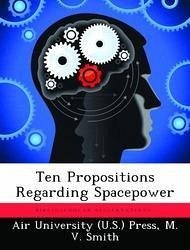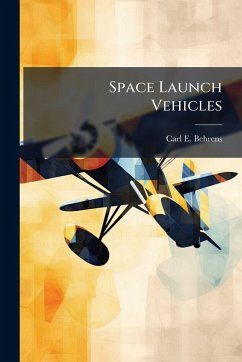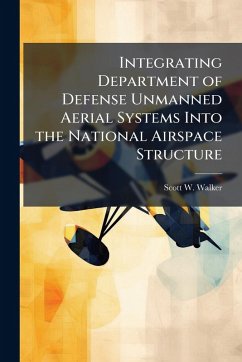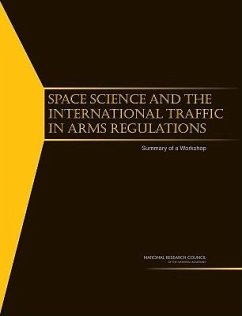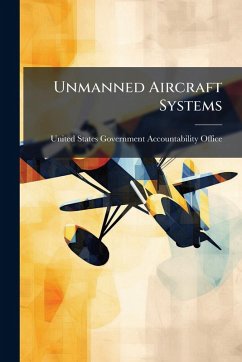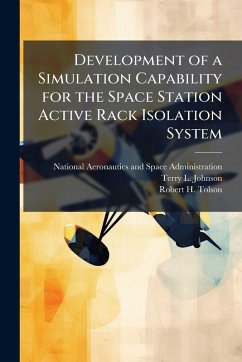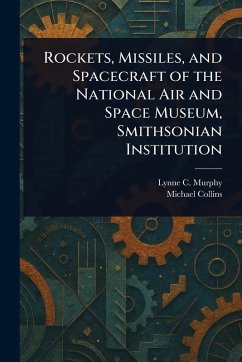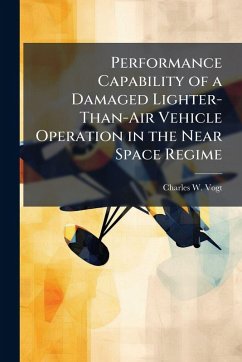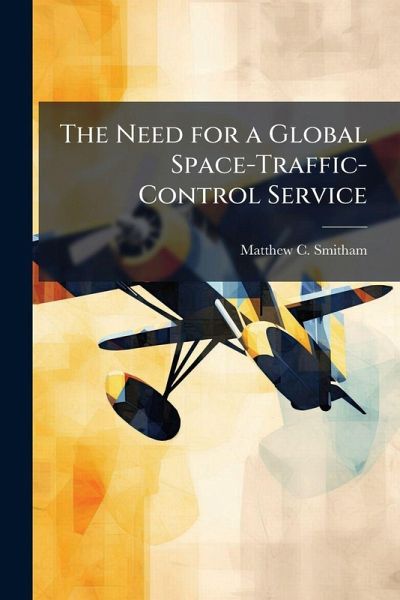
The Need for a Global Space-Traffic-Control Service

PAYBACK Punkte
7 °P sammeln!
Losing a satellite to an accidental on-orbit collision is no longer hypothetical, but real and increasingly likely. As a result, the need for global space-traffic control must be addressed by the space-faring nations, especially the United States. The fiscal and national security ramifications are too significant to ignore. The replacement cost of a satellite, perhaps hundreds of millions of dollars, is the most obvious impact. But, this may be the most trivial consideration. The greatest concern is the potential catastrophic loss of vital communications, navigation, weather, and other service...
Losing a satellite to an accidental on-orbit collision is no longer hypothetical, but real and increasingly likely. As a result, the need for global space-traffic control must be addressed by the space-faring nations, especially the United States. The fiscal and national security ramifications are too significant to ignore. The replacement cost of a satellite, perhaps hundreds of millions of dollars, is the most obvious impact. But, this may be the most trivial consideration. The greatest concern is the potential catastrophic loss of vital communications, navigation, weather, and other services we depend on for daily global commerce and defense. As a matter of national prestige, leadership and security, the US Government should endeavor to establish an international institution to govern global space traffic. As in 1944, the United States should convene a similar international conference with the purpose to establish such a service like the ICAO. This work has been selected by scholars as being culturally important, and is part of the knowledge base of civilization as we know it. This work was reproduced from the original artifact, and remains as true to the original work as possible. Therefore, you will see the original copyright references, library stamps (as most of these works have been housed in our most important libraries around the world), and other notations in the work. This work is in the public domain in the United States of America, and possibly other nations. Within the United States, you may freely copy and distribute this work, as no entity (individual or corporate) has a copyright on the body of the work. As a reproduction of a historical artifact, this work may contain missing or blurred pages, poor pictures, errant marks, etc. Scholars believe, and we concur, that this work is important enough to be preserved, reproduced, and made generally available to the public. We appreciate your support of the preservation process, and thank you for being an important part of keeping this knowledge alive and relevant.



